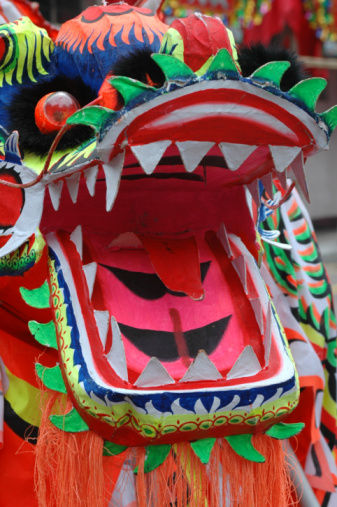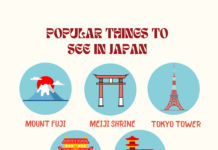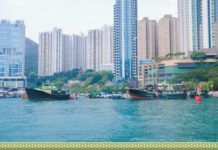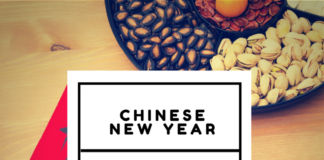If you want to experience Chinese heritage and culture firsthand, there is no better way to do it than by attending one of Hong Kong’s traditional Chinese festivals. These ancient celebrations have significant meaning and importance to the Chinese people. They’re also a splashy, colorful, noisy treat. Fundamental elements of these festivals are dances, bright colors, music and incense. A Chinese festival, ancient and traditional though it may be, is not a somber occasion at all. In fact, they’re a lot of fun. If you’re going to be in Hong Kong at any time over the next couple of months, you’ll want to try to time it so that you can catch at least one of these fabulous festivals.
- The Mid-Autumn Festival. Also known as the Moon Festival or Mooncake festival, this is a lunar harvest celebration that originated around Chinese mythological figures Houyi, an archer; Feng Meng, Houyi’s student, and Chang’e, the Moon Goddess of Immortality. The Mid-Autumn Festival has several traditions associated with it. Celebrators eat Moon Cake, a round pastry with a sweet filing made of red bean or lotus seed paste. Matchmaking is a common Mid-Autumn Festival activity. Carrying brightly colored paper lanterns, burning incense, and doing the traditional Dragon Dance are all common elements of the Mid-Autumn Festival. This year’s Mid-Autumn Festival falls on September 30th.
- The Dong zhi Festival. Also known as the Winter Solstice Festival, this is one of the most important Chinese festivals. The Dong zhi Festival is related to the concepts of yin and yang, balance and harmony. Traditional, this is a time to celebrate with family. Dong zhi activities involve eating dumplings or tangyuan, balls of glutinous rice flour, worshipping at ancestral temples, and large banquets. This year’s Dong zhi Festival falls on December 21st.
- The Chinese New Year. The most important festival in Chinese tradition, the New Year festival celebrates the end of winter and the beginning of the Lunar New Year. This holiday is celebrated with gifts, envelopes of cash, fireworks and village fairs. Each New Year is symbolized by an animal from the Chinese zodiac. The coming New Year, which falls on February 10th 2013, is the year of the snake. On the 15th day of the New Year, the Chinese hold the Lantern Festival, which is celebrated with paper lanterns of all shapes and sized. These lanterns are hung in the streets and carried by children and adults. This originated as a Buddhist rite but has become a spectacular Chinese celebration.
- Birthday of Tin Hau
All those who owe their livelihood to the sea praise Tin Hau, the Goddess of the Sea. Tin Hau’s birthday is celebrated in May to bring safety, security, fine weather and full nets during the coming year. There are celebrations at Tin Hau temples in different districts in Hong Kong. Seafarers adorn boats with colorful ribbons praising the goddess for past protection and praying for future luck. Boats are loaded with symbols of devotion, with offerings to the goddess. The festival in her honor culminates in a procession and is characterized by floral paper offerings known as fa pau. - Dragon Boat Festival
This Festival, also known as Tuen Ng Festival and celebrated in June, commemorates the death of a popular Chinese national hero, Qu Yuan, who drowned himself in the Mi Lo River over 2,000 years ago to protest against the corrupt rulers. Legend says that as townspeople attempted to rescue him, they beat drums to scare fish away and threw dumplings into the sea to keep the fish from eating Qu Yuan’s body. The real highlight of the festival is the fierce dragon boats racing in a lively, vibrant spectacle. Teams race the elaborately decorated dragon boats to the beat of heavy drums. The special boats, which measure more than 10 meters, have ornately carved and painted “dragon” heads and tails, and each carries a crew of 20-22 paddlers.
In Hong Kong, you’ll find that throughout most of the year, a festival of some sort is either in progress or being planned. Attending a Chinese festival is a great way to make some special memories of your visit to Hong Kong. Start planning an Asia tour for 2013 to experience once of these wonderful festivals.








